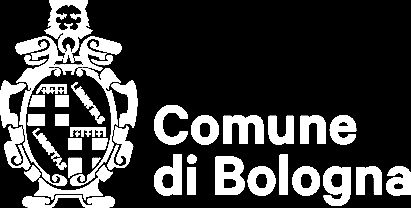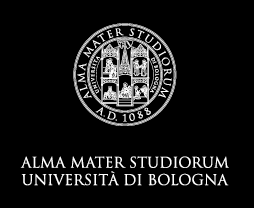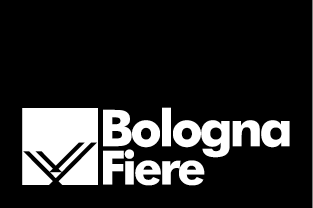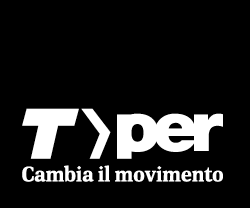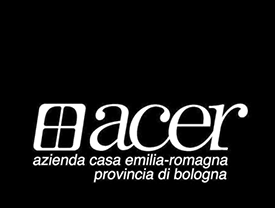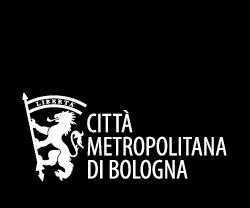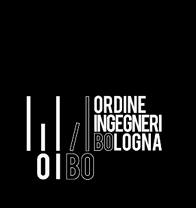A Tramway for Bologna
In view of creating the first tramway, the City of Bologna and the Fondazione Innovazione Urbana are promoting an informational path and analysis of critical aspects tied to future interventions, with citizens’ active involvement in the design phase.
The specific objectives are:
- communicating the phases of the tram project up to the technical aspects and economic feasibility
- initiating lines of research on the impacts and communication of some design foci
- initiating actions of proximity to favour informational exchange, data collection, and communication between the administration and citizens
- supporting the administration’s design
The timeline of this process is organized into the following steps in support of the design phases:
- 2019–2021 design phase (technical and economic feasibility plan, detailed design, and working drawings)
- 2021 call for bids to assign the work
- 2022–2025 construction
- 2026 launch of the tramway
Lines of action in this process
The process began during the tram design phase (2019–2020); it entails different integrated lines of action. Following this phase, i.e. from 2021 to 2026, other activities still being defined will be implemented.
This path began in March 2019 and was developed throughout the year via a series of actions for information and communication, research, listening and citizen involvement, and proximity.
In 2019 in particular, the Foundation actively involved more than 3,000 citizens through more than 100 public meetings and moments of interaction, as well as 2 questionnaires open to everyone. The goal was not only to inform citizens as transparently as possible about the motivation for and development of the broader project to realize the new tramway in Bologna, but also to listen to doubts, questions, perceived critical aspects, and proposals from citizens, associations, entities, and interest holders in order to implement and improve the preliminary design proposal. These activities included: spaces for information and listening spread throughout the area, public encounters, participation in neighbourhood parties and visits, neighbourhood commissions, meetings with stakeholders, and questionnaires.
With the goal of analysing the overall impacts of interventions comparable to the ongoing project, the Foundation has also charged the University of Bologna with developing a benchmark study and defining indicators to analyse the impact of the tramway. The goal of this work is to investigate and examine the behavioural, social, environmental, and economic impact of one or more tram lines in different Italian and European situations to provide a comprehensive system of indicators necessary to asses the potential impact in Bologna.
In 2020 the Foundation pursued its commitment to the project through three main lines: proximity activities, information and dissemination activities, and the development of specific paths to support the design of some interventions to regenerate the public space in zones affected by the tram.
For more information, see untramperbologna.it



